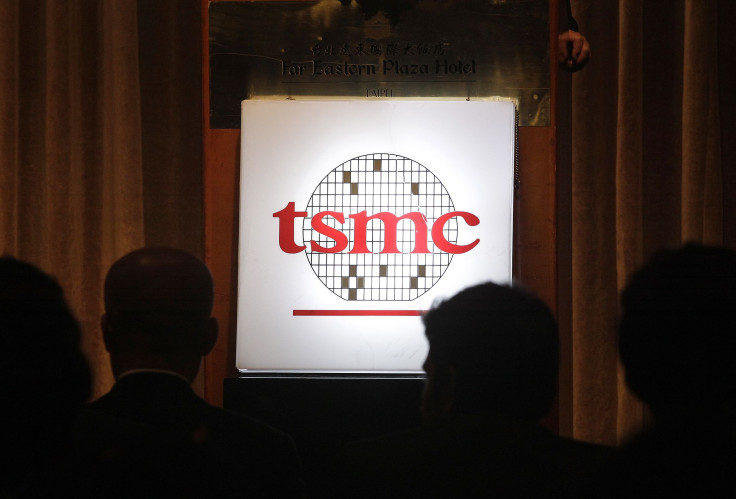Apple Reportedly To Move From TSMC To Samsung For A-Series Chip Production In 2015

Apple Inc. (NASDAQ:AAPL) is likely to move the production of its 14-nanometer next-generation A-series chips from Taiwan Semiconductor Mfg. Co. Ltd., or TSMC, (NYSE:TSM) to Samsung Electronics Co Ltd (KRX:005935) in 2015, a report said Thursday, adding that TSMC will also lose chip orders from Qualcomm Inc. (NASDAQ:QCOM).
Although Apple reportedly struck an agreement last year with TSMC for the latter to manufacture processors for future iOS devices, both Apple and Qualcomm are now expected to go to Samsung for a bulk of the 14-nanometer smartphone chips, beginning in the second half of 2015, Reuters reported, citing KGI Securities analyst Michael Liu.
During a quarterly earnings conference on Wednesday, TSMC Chairman Morris Chang said that the company’s market share in the 14/16 nanometer chips segment will be smaller than that of competitors in 2015. However, Chang did not specify which rivals would outperform TSMC, DigiTimes reported.
On Thursday, China’s Commercial Times said that Qualcomm has started working with Samsung to develop the new 14-nanometer chips, while a report from Taiwan’s Economic Daily News said that Qualcomm had placed orders with Samsung.
Meanwhile, reports about TSMC, which is reportedly the world's largest contract chipmaker, losing orders for next-generation chips from Apple and Qualcomm sent the Taiwanese company's shares down 6.85 percent in Thursday trade.
“This is still just a lot of speculation,” George Chang, an analyst with Yuanta Securities, told Reuters. “We haven't even seen the iPhone 6 yet, so it's too early to say anything about future products.”
TSMC is reportedly currently providing chips to Apple for the iPhone 6, which is expected to release sometime in September, while the shift from TSMC to Samsung will take place next year, probably for the A9 chip, which could be featured in the 2015 version of the iPhone, iDownloadBlog reported.
© Copyright IBTimes 2025. All rights reserved.




















